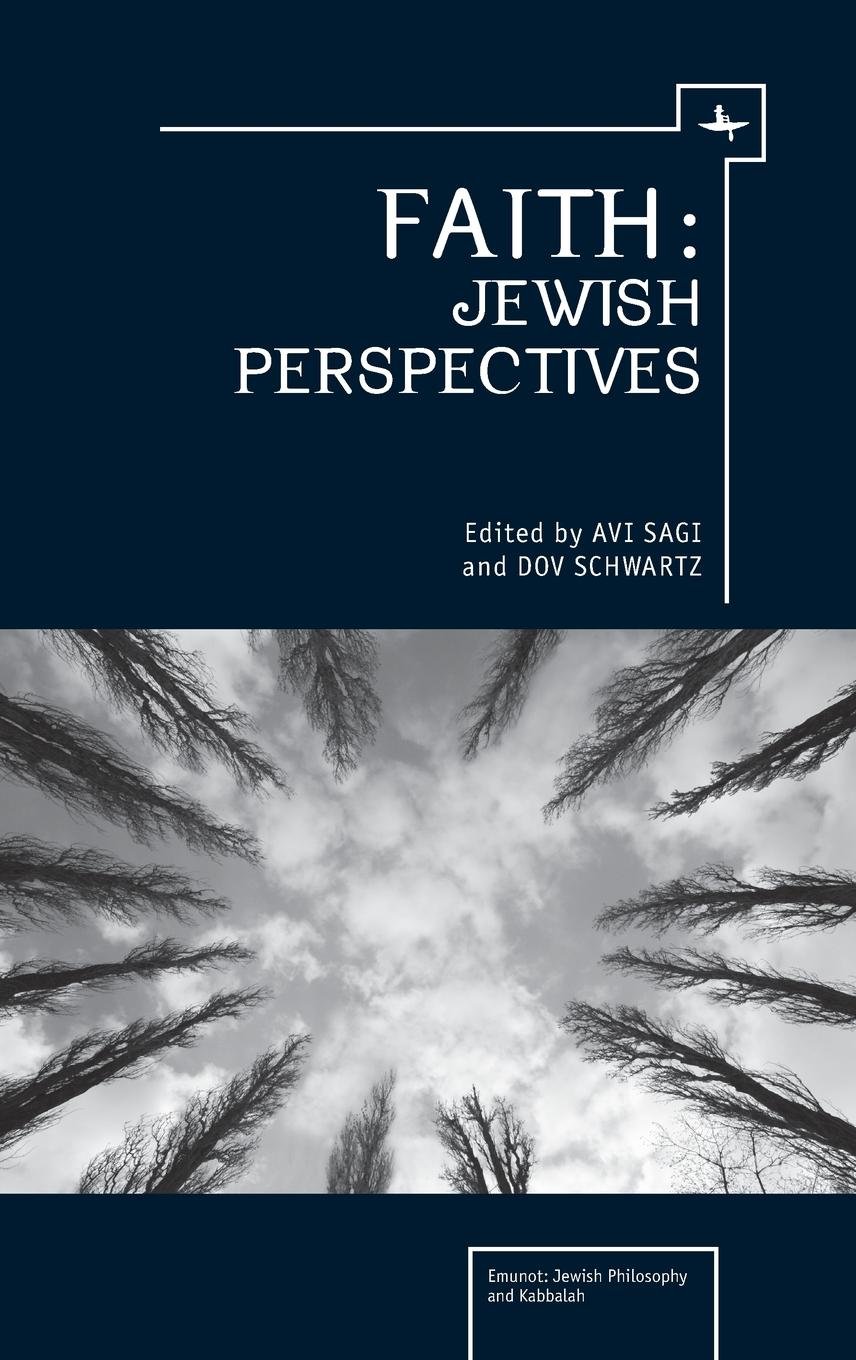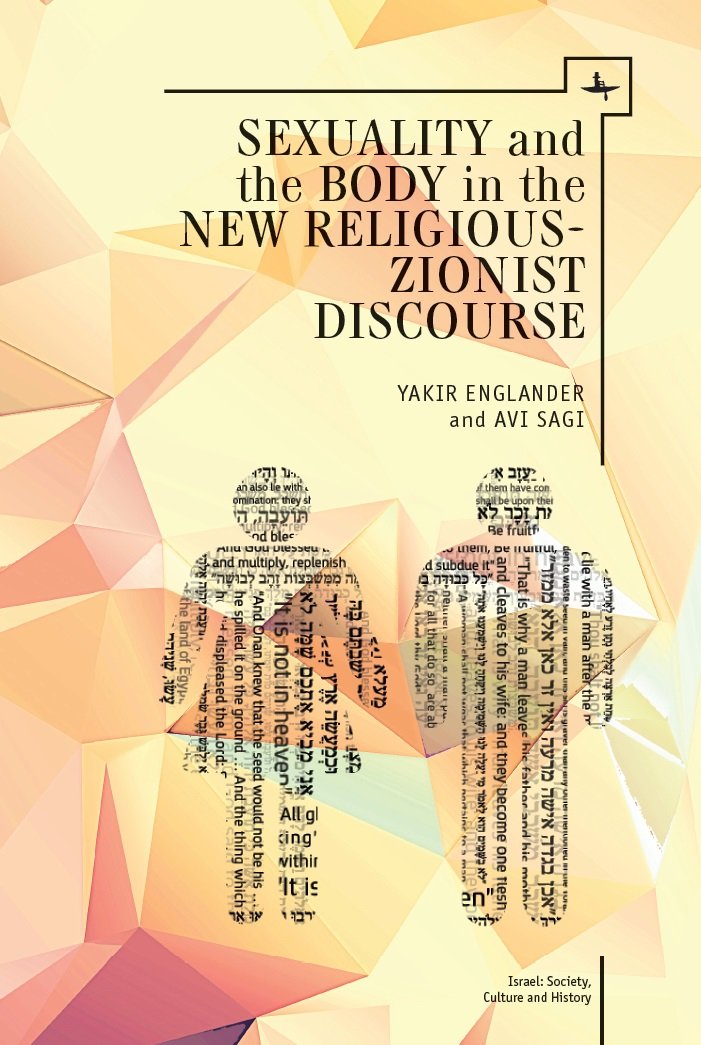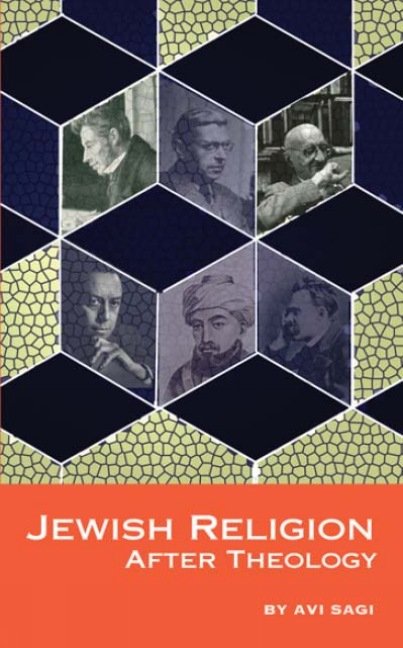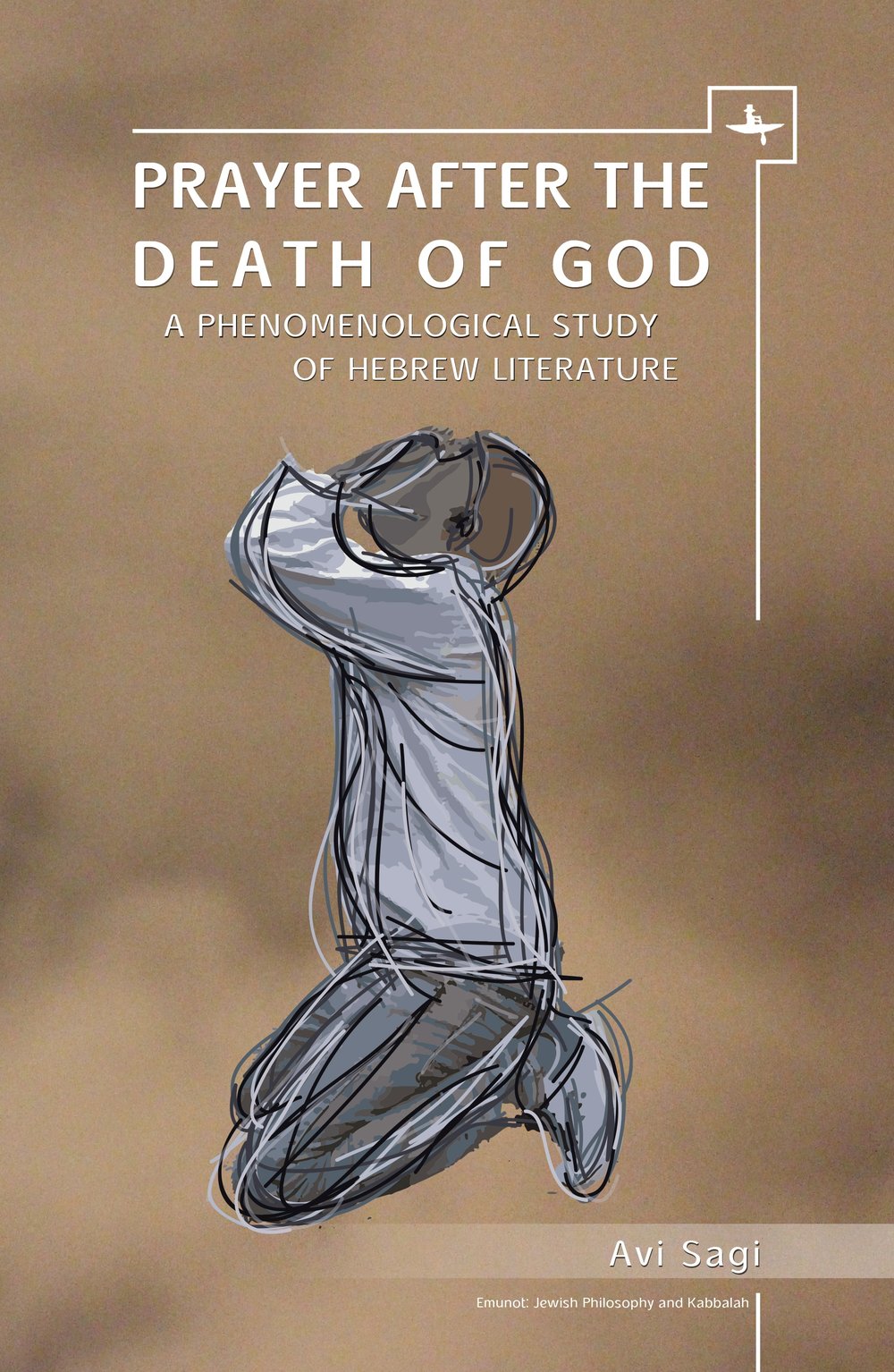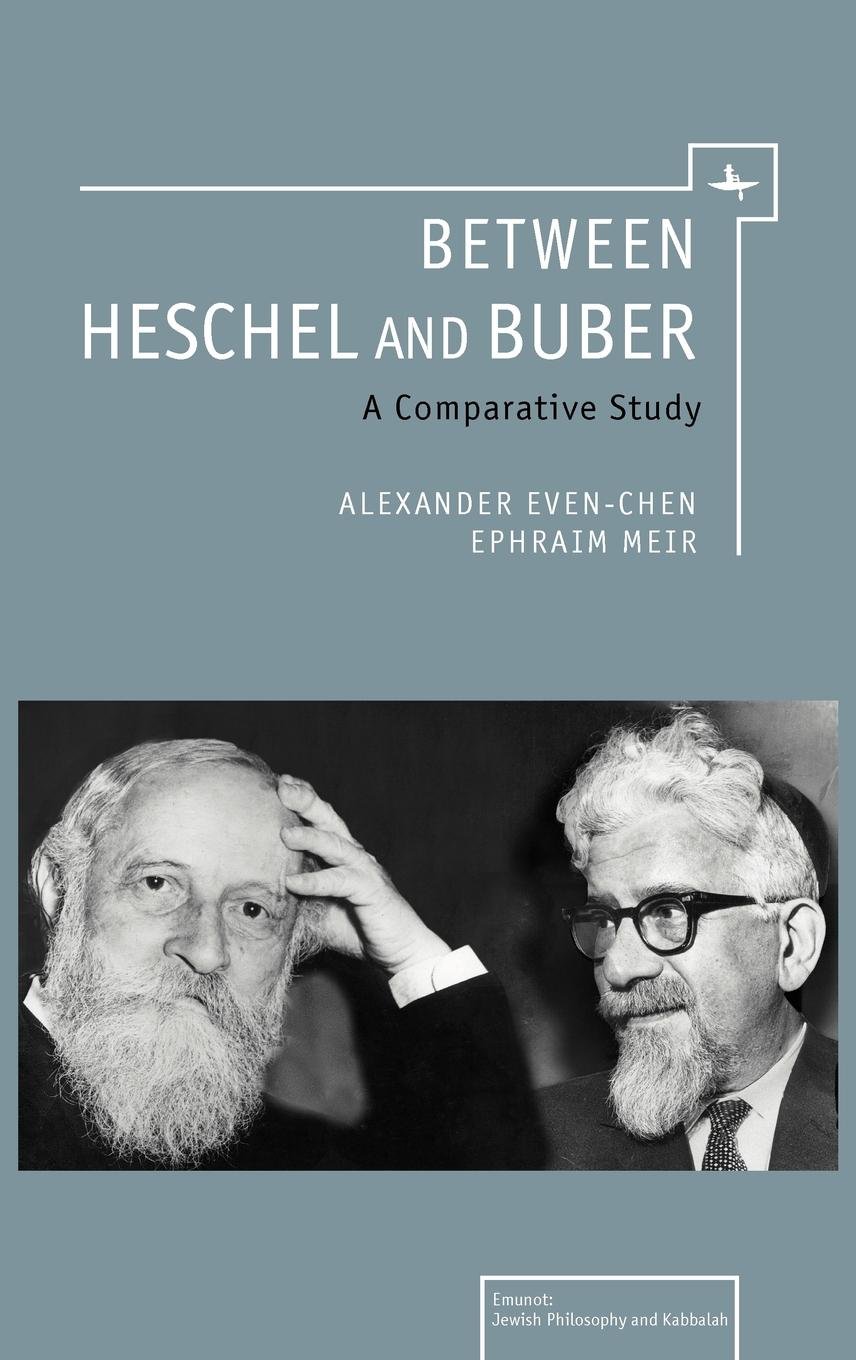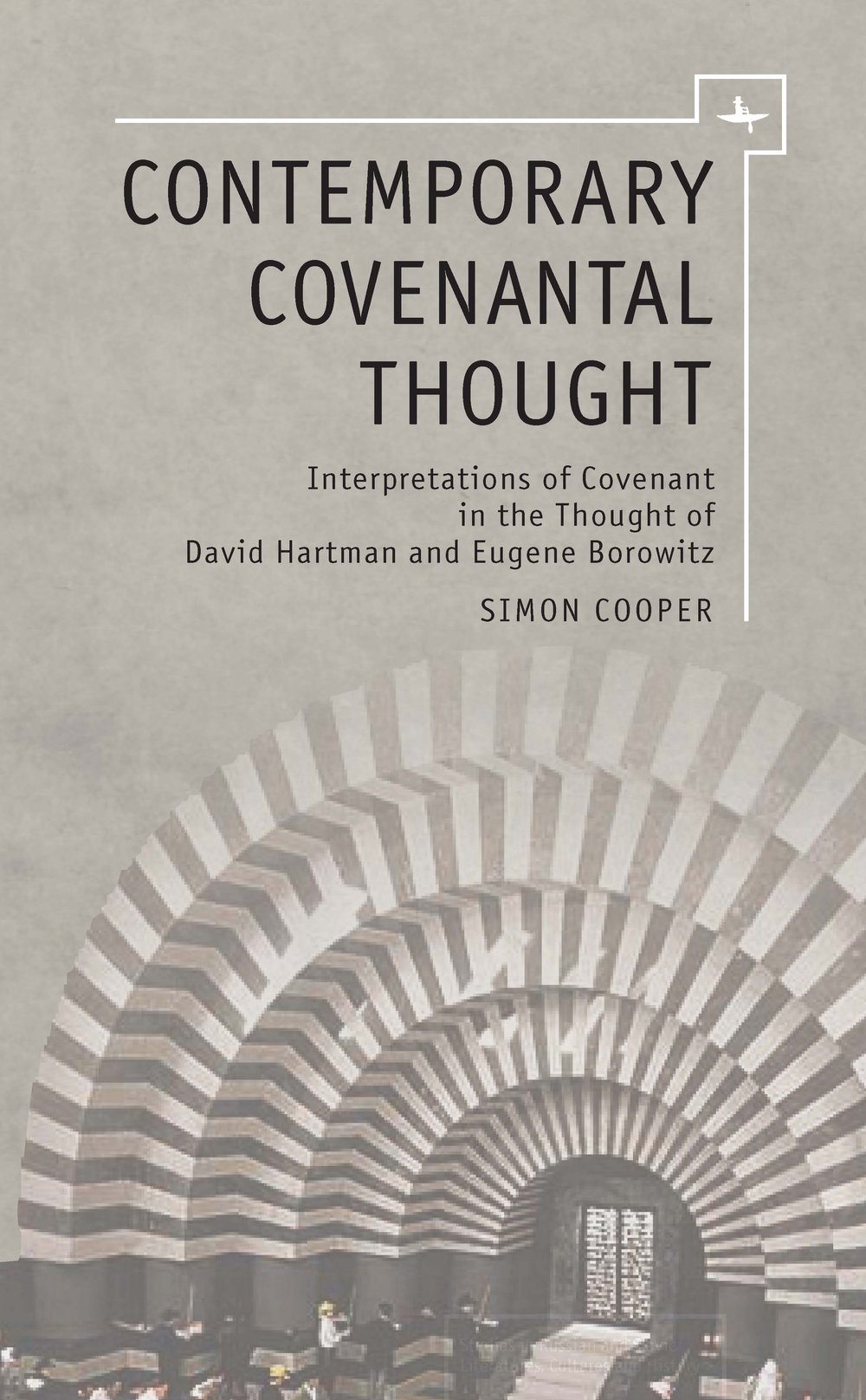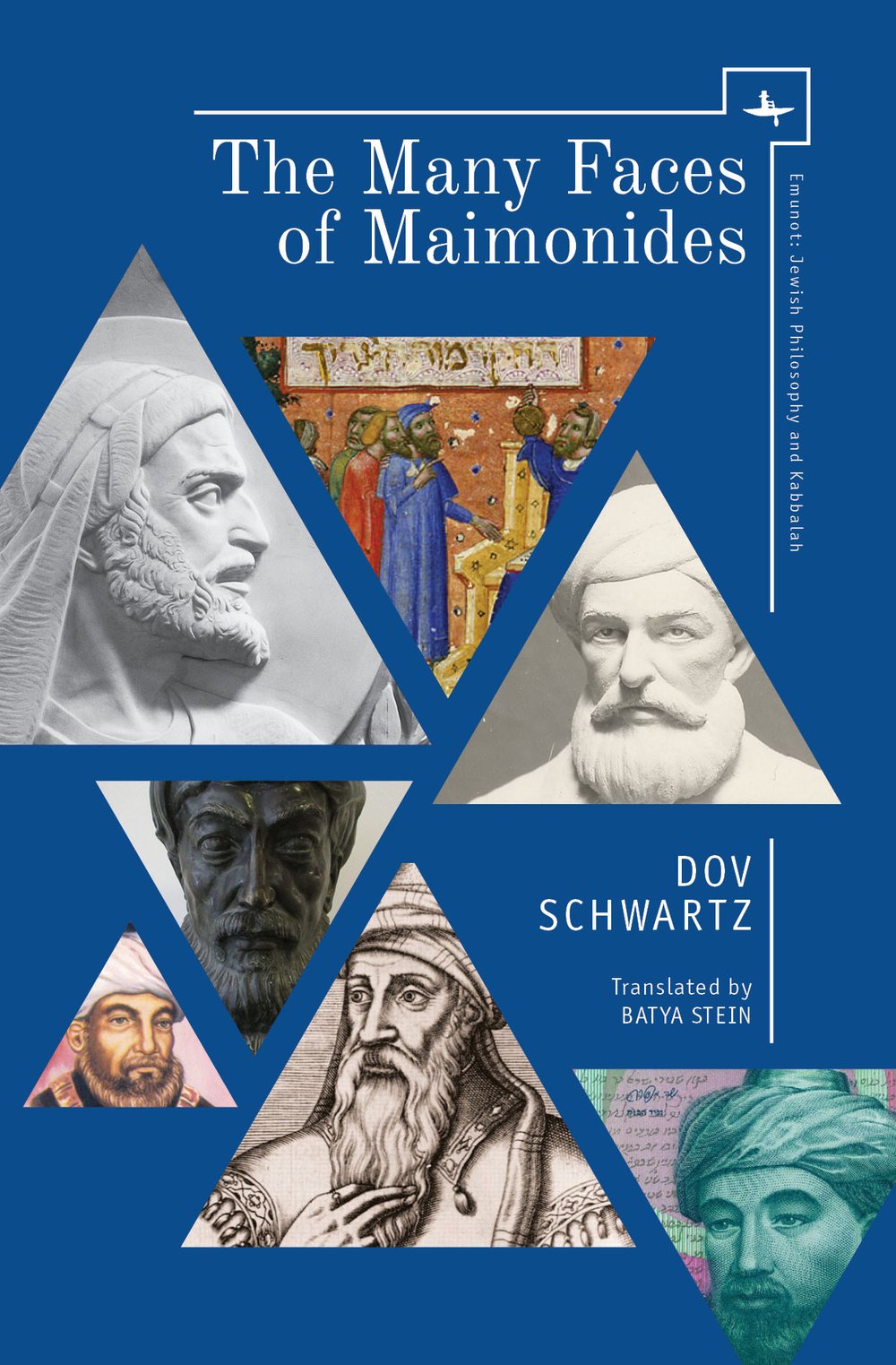Reflections on Identity
The Jewish Case
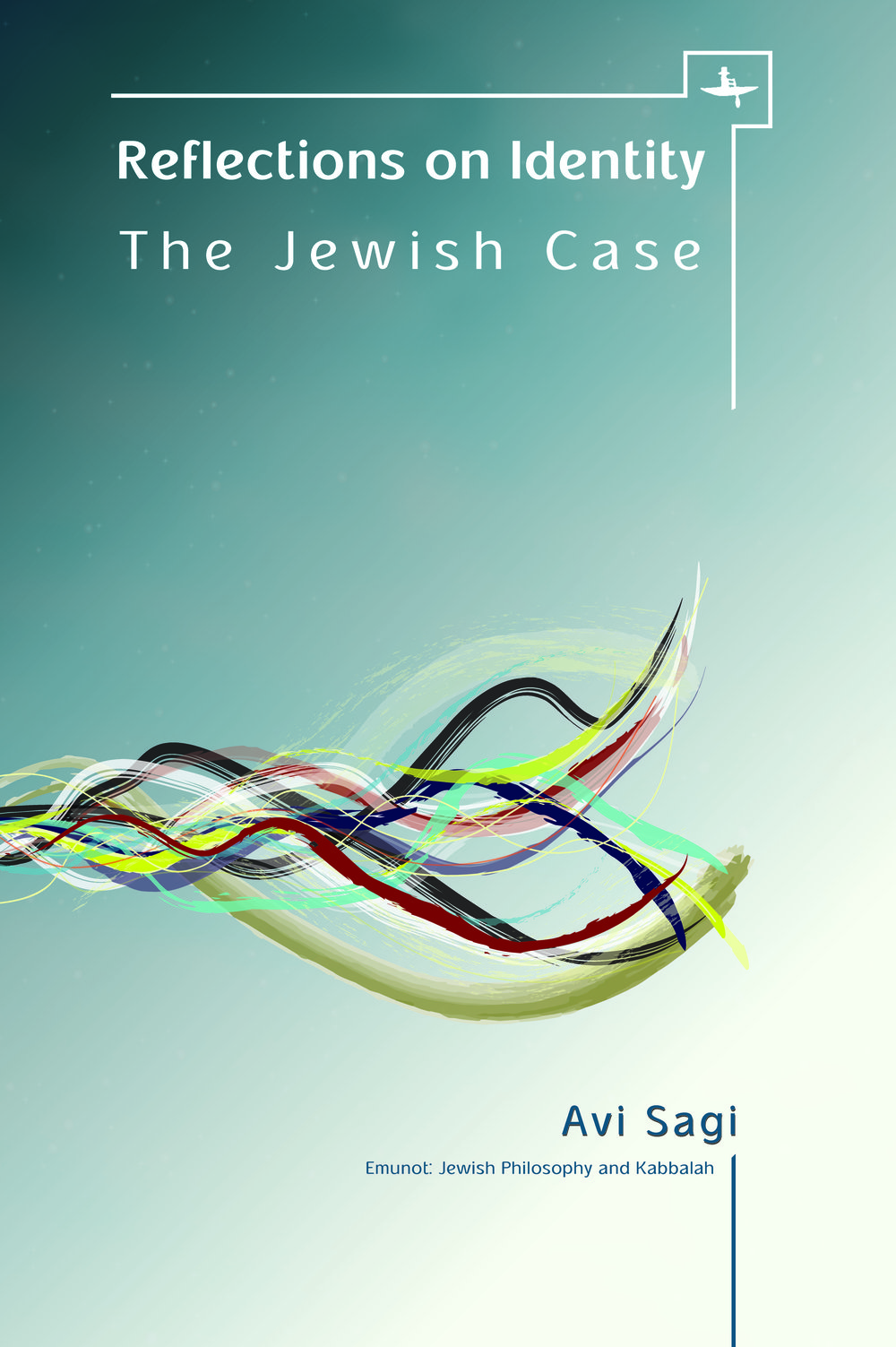
Two basic approaches have shaped the identity discourse since antiquity. The essentialist view assumes that a person's identity does exist "somewhere," and the discourse on identity is an attempt to disclose it. People do not create their identity, they only realize it. The opposite, deconstructionist view, assumes that the identity is only a linguistic fiction; we have no identity outside our concrete history, which reflects a constantly ongoing dynamic change. The present book offers a third option. It accepts that identity is not a priori datum that precedes our existence but claims we do have a set historical cultural identity it calls "primary," expressing a permanent foundation of our biography. On its basis, we build our concrete identity. Engaging in a critical analysis, the book exposes the foundations and the borders of the identity field. As a test case that illustrates its claims, it presents the discourse on Jewish identity. Lively, vigorous, and widely recorded, this discourse conveys many nuances of the tension between continuity and change and is thus uniquely fit to convey the significance of the identity discourse.

Avi Sagi is a professor of philosophy at Bar-Ilan University in Israel, where he established the Interdisciplinary Graduate Program in Hermeneutics and Cultural Studies. He is also a faculty member at the Shalom Hartman Institute in Jerusalem. He has written and edited many books and articles in philosophy, among them Albert Camus and the Philosophy of the Absurd; Kierkegaard, Religion, and Existence: The Voyage of the Self; Jewish Religion after Theology, and Prayer after the Death of God. His contribution to contemporary Jewish philosophy has recently been showcased in Avi Sagi: Extentialism, Pluralism, and Identity ed. Hava Tirosh-Samuelson and Aaron W. Hughes (Leiden: Brill, 2015).

